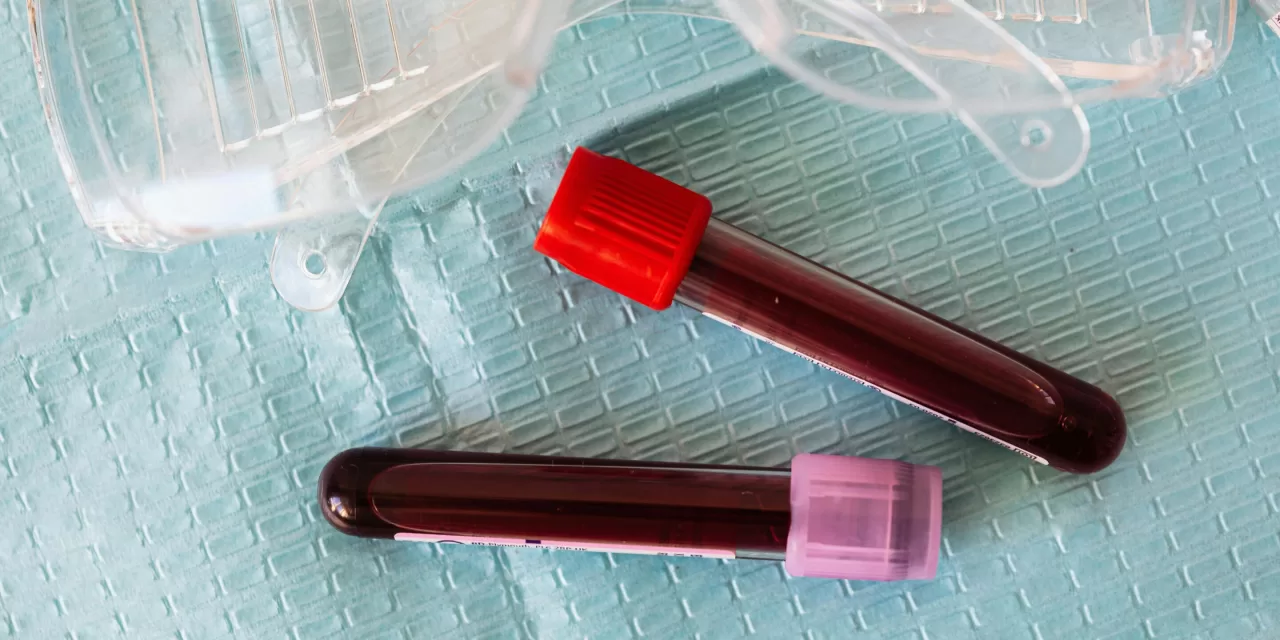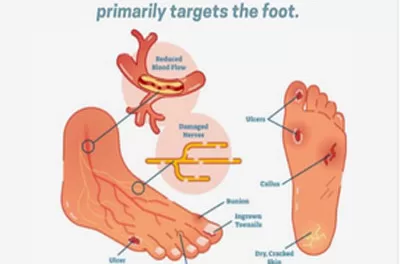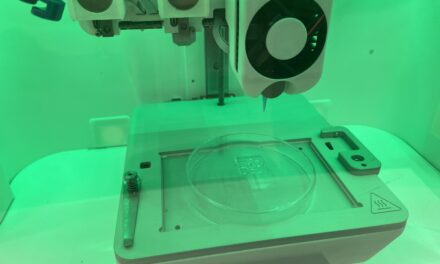A groundbreaking study published in JAMA Network Open Emergency Medicine has examined the potential for blood biomarkers in improving the management of traumatic brain injury (TBI) in prehospital settings. The research builds on earlier studies and highlights the promising role of two biomarkers—GFAP (glial fibrillary acidic protein) and UCH-L1 (ubiquitin C-terminal hydrolase L1)—in assessing TBI, particularly in identifying patients at risk for intracranial lesions.
These biomarkers, both FDA-approved for assessing mild TBI, have previously shown promise in emergency departments. However, a major limitation has been the length of time required to process results. Initial tests took up to three hours for results to be available, making their use in prehospital care impractical. However, newer, more efficient assays can now deliver results within 15 to 20 minutes, dramatically improving the potential for their use in urgent settings.
The study’s findings suggest that GFAP outperforms UCH-L1 in very early blood samples, specifically those taken within 30 minutes of injury. This makes GFAP a more reliable predictor of CT lesions, the need for neurosurgical intervention, and clinically important outcomes. These findings suggest that GFAP could play a significant role in prehospital triage, potentially aiding paramedics and other first responders in deciding whether patients should be transported to a local emergency department or bypassed in favor of specialized care centers equipped for more intensive treatment.
While GFAP appears to be a strong candidate for early detection, the study also notes the need for additional research to evaluate the potential for combining UCH-L1 with GFAP or other biomarkers. Such a combination could help enhance the specificity of GFAP in very early post-injury assessments, ensuring even more accurate decision-making in the critical moments after a traumatic injury.
Although the use of blood biomarkers in clinical practice remains limited, this study underscores their potential for revolutionizing prehospital care. By offering quicker and more accurate identification of patients at risk for severe outcomes, these biomarkers could help guide early decision-making, improve outcomes for TBI patients, and potentially save lives. The study advocates for further exploration to determine the full range of applications and benefits of these biomarkers in both prehospital and clinical settings.











